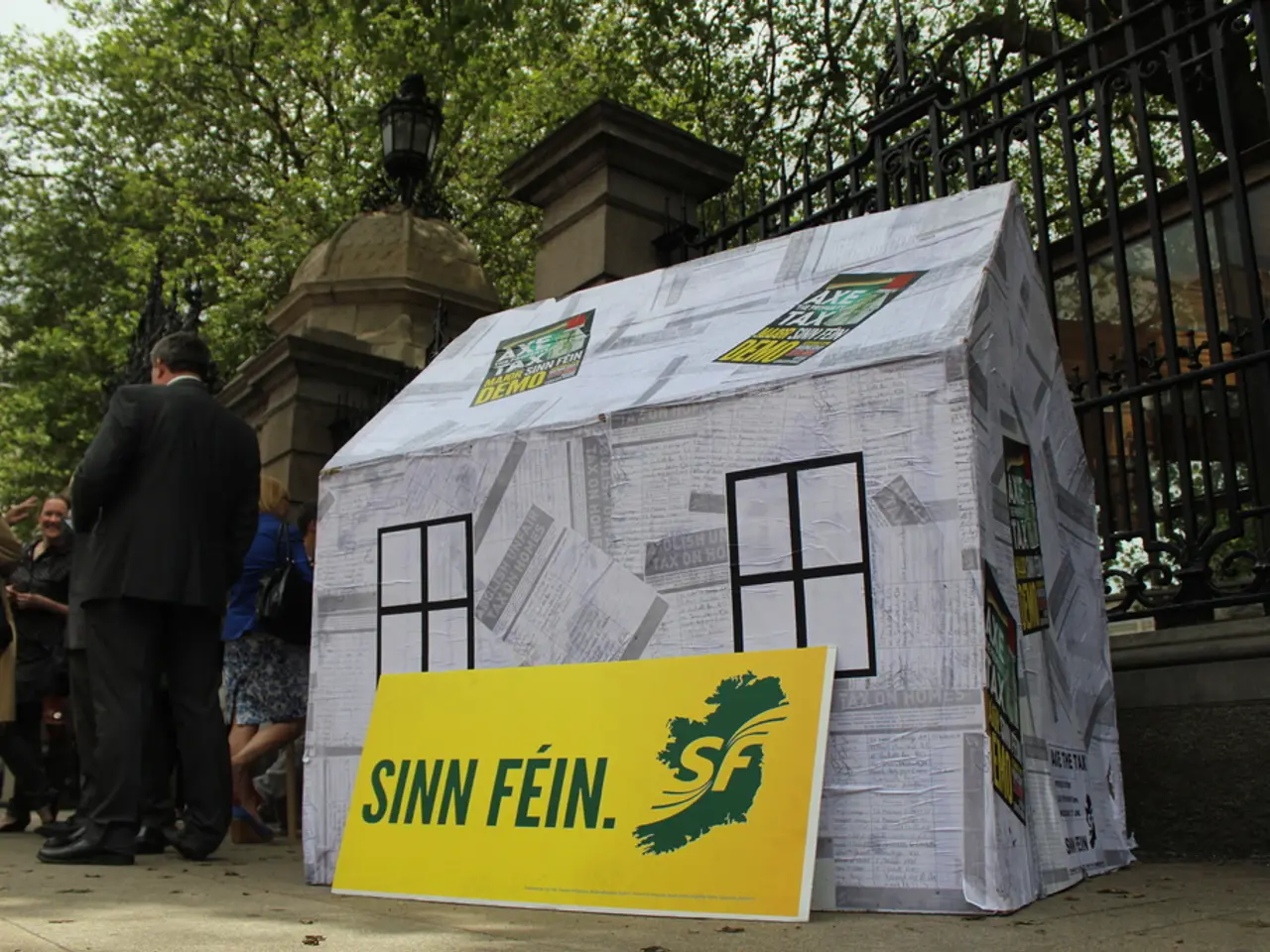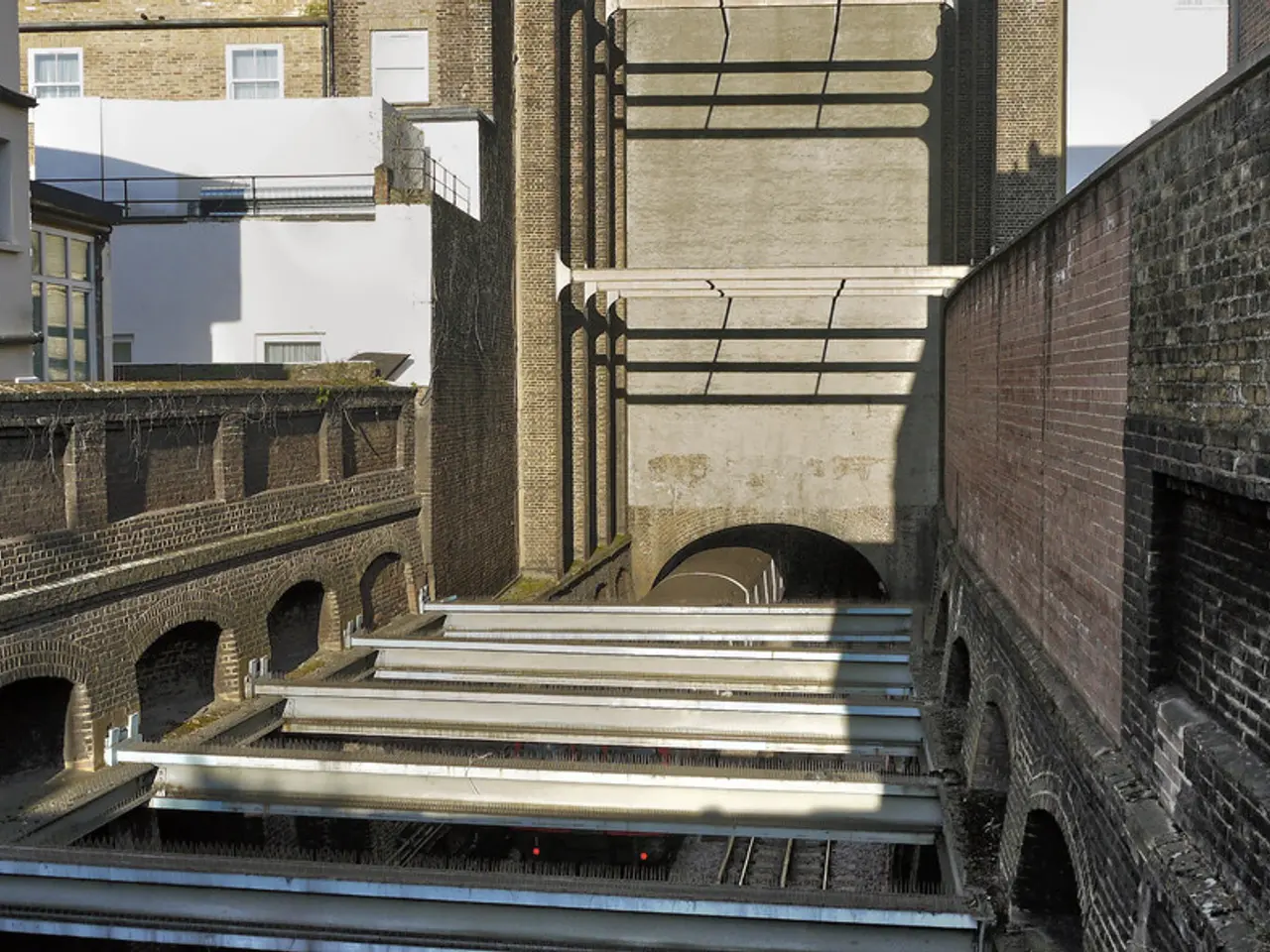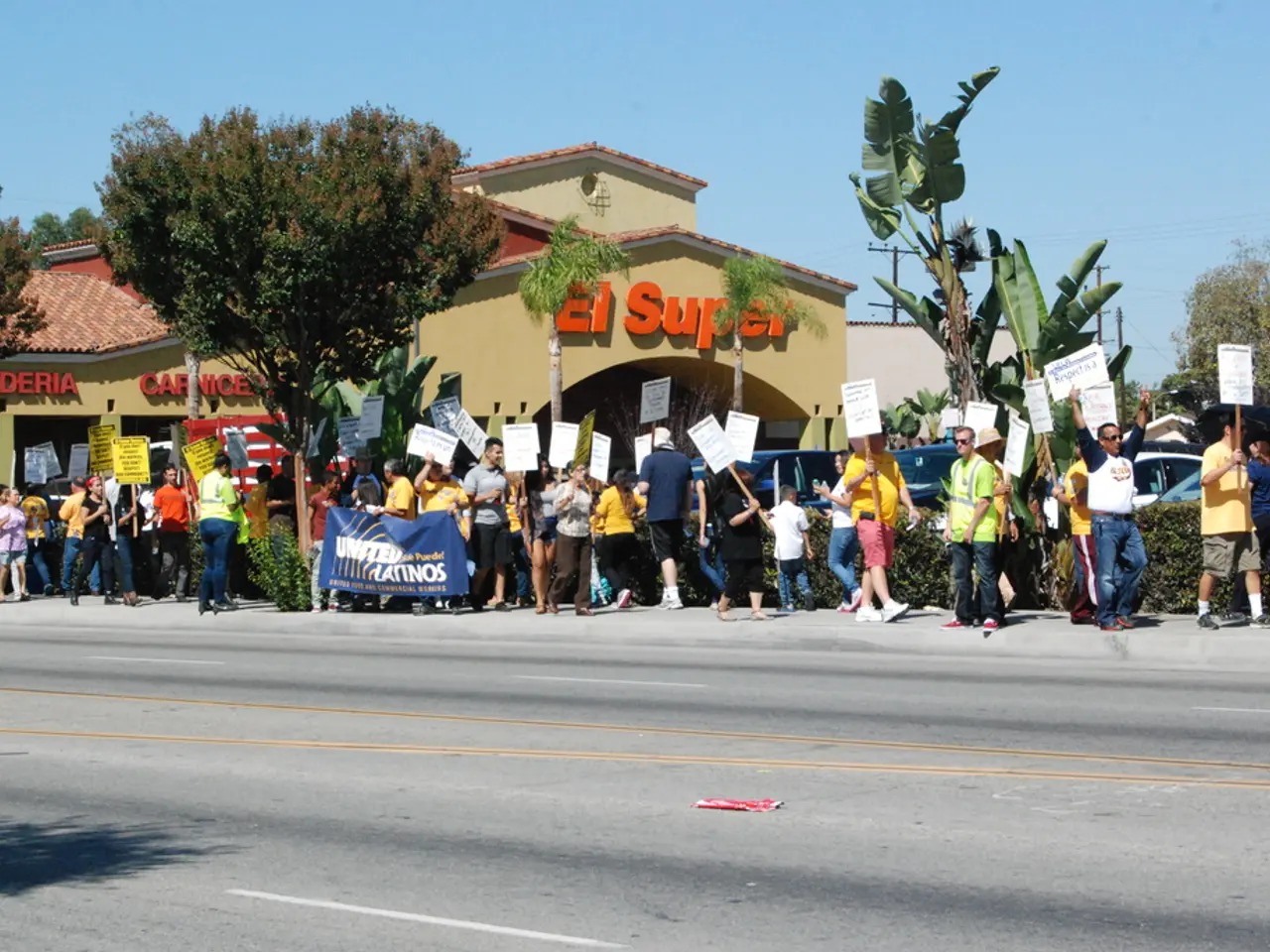Flaw in the City's New Landlord Rating System Leads to Inequalities for Tenants in the Rental Market
Toronto's New RentSafe Program Expands Housing Safety
Toronto has introduced a new program, RentSafe, which aims to improve living conditions for tenants in multi-residential buildings, including many condo tenants. The program is modelled after the city's successful DineSafe program for restaurants, using a colour-coded sign system to indicate a building's health, safety, and maintenance status[1][2][4].
RentSafe targets large buildings with three or more storeys or 10-plus units, potentially covering a significant number of condo tenants in sizeable buildings regulated by the city[1][5]. Landlords must post the RentSafeTO sign at building entrances and on the city’s website, enhancing transparency and tenant awareness[1][4].
The new program is expected to have a significant impact on condo tenants, compelling landlords to address serious issues such as mold, pests, and inadequate heat. If landlords fail to fix violations, the city may intervene and charge them after remediation[1][4].
Unlike DineSafe, which focuses on restaurant hygiene, RentSafe applies similar principles to residential buildings, expanding the concept to housing quality and safety. Both programs use a public rating system to motivate compliance through transparency[1][2][4]. However, RentSafe directly addresses tenant housing conditions, giving tenants a tool for advocacy and better enforcement of property standards[1][2][4].
The city has not yet brought income-generating rental condos into the apartment registration system. Tenants in these condos suffer from the same problems as conventional rental apartments, including structural failings like chronically broken elevators, but with fewer protections[6]. There will be push-back against the implementation of RentSafe for income-generating rental condos, but council should still try to implement it[7].
The city's 2024 housing report noted that the growing cohort of condo tenants is an ongoing concern, as tenants have few rights with condo corporation boards[8]. The city has not attempted to figure out a more streamlined approach to inspections tailored to individual condos.
John Lorinc, a Toronto journalist and author of "No Jews Live Here" (2024), highlights the issue of tenants living in condos being sometimes regarded as interlopers rather than residents[9]. Today, the benefits and protections of DineSafe are available to anyone who wants to eat out, which is the essence of its effectiveness[10]. However, these benefits and protections are not yet available to all condo tenants.
One potential solution could be to apply the RentSafe signage in a digital format, almost like a third-party verification badge, on the listing itself, with the city as the third party[11]. This could help to improve transparency and tenant awareness in the condo rental market.
Despite the challenges, RentSafe extends the successful DineSafe model from the restaurant sector into housing, improving coverage of multi-unit residential buildings that include condo tenants, and it aims to create measurable impacts on tenant health and safety through visible public accountability[1][2][4][5].
References: [1] https://www.cbc.ca/news/canada/toronto/rentsafe-toronto-1.6413339 [2] https://www.thestar.com/news/gta/2022/05/05/toronto-councillors-propose-rentsafe-program-to-rate-apartment-buildings-on-health-and-safety.html [3] https://www.thestar.com/news/gta/2022/05/24/toronto-council-approves-rentsafe-program-to-rate-apartment-buildings-on-health-and-safety.html [4] https://www.cbc.ca/news/canada/toronto/rentsafe-toronto-1.6475638 [5] https://globalnews.ca/news/8767015/toronto-council-approves-new-rentsafe-program-to-rate-apartment-buildings/ [6] https://www.thestar.com/news/gta/2021/03/03/toronto-condo-tenants-face-few-protections-from-landlords-as-cohort-grows.html [7] https://www.thestar.com/news/gta/2022/05/05/toronto-councillors-propose-rentsafe-program-to-rate-apartment-buildings-on-health-and-safety.html [8] https://www.thestar.com/news/gta/2024/04/01/toronto-condo-tenants-face-few-protections-from-landlords-as-cohort-grows.html [9] https://www.thestar.com/news/gta/2024/04/01/toronto-condo-tenants-face-few-protections-from-landlords-as-cohort-grows.html [10] https://www.thestar.com/news/gta/2022/05/05/toronto-councillors-propose-rentsafe-program-to-rate-apartment-buildings-on-health-and-safety.html [11] https://www.thestar.com/news/gta/2022/05/05/toronto-councillors-propose-rentsafe-program-to-rate-apartment-buildings-on-health-and-safety.html
- The city's new program, RentSafe, akin to the DineSafe program for restaurants, seeks to expand housing safety in Toronto, specifically focusing on larger multi-residential buildings, including many condo tenants.
- RentSafe aims to enhance transparency and tenant awareness by requiring landlords to display the RentSafeTO sign at building entrances and on the city’s website, revealing a building's health, safety, and maintenance status.
- As RentSafe holds landlords accountable for addressing issues like mold, pests, and inadequate heat, it may bring about a significant improvement in the living conditions of condo tenants.
- Advocates propose that the RentSafe signage be implemented in a digital format on condo rental listings to improve transparency and tenant awareness within the condo rental market.
- Despite some challenges, the expansion of the successful DineSafe model into housing through RentSafe is expected to create measurable impacts on tenant health and safety, providing a tool for advocacy and better enforcement of property standards.
- The RentSafe program, however, does not yet include income-generating rental condos, which face similar issues as conventional rental apartments, such as structural failings, but with fewer protections, creating a need for policy changes in the future.








